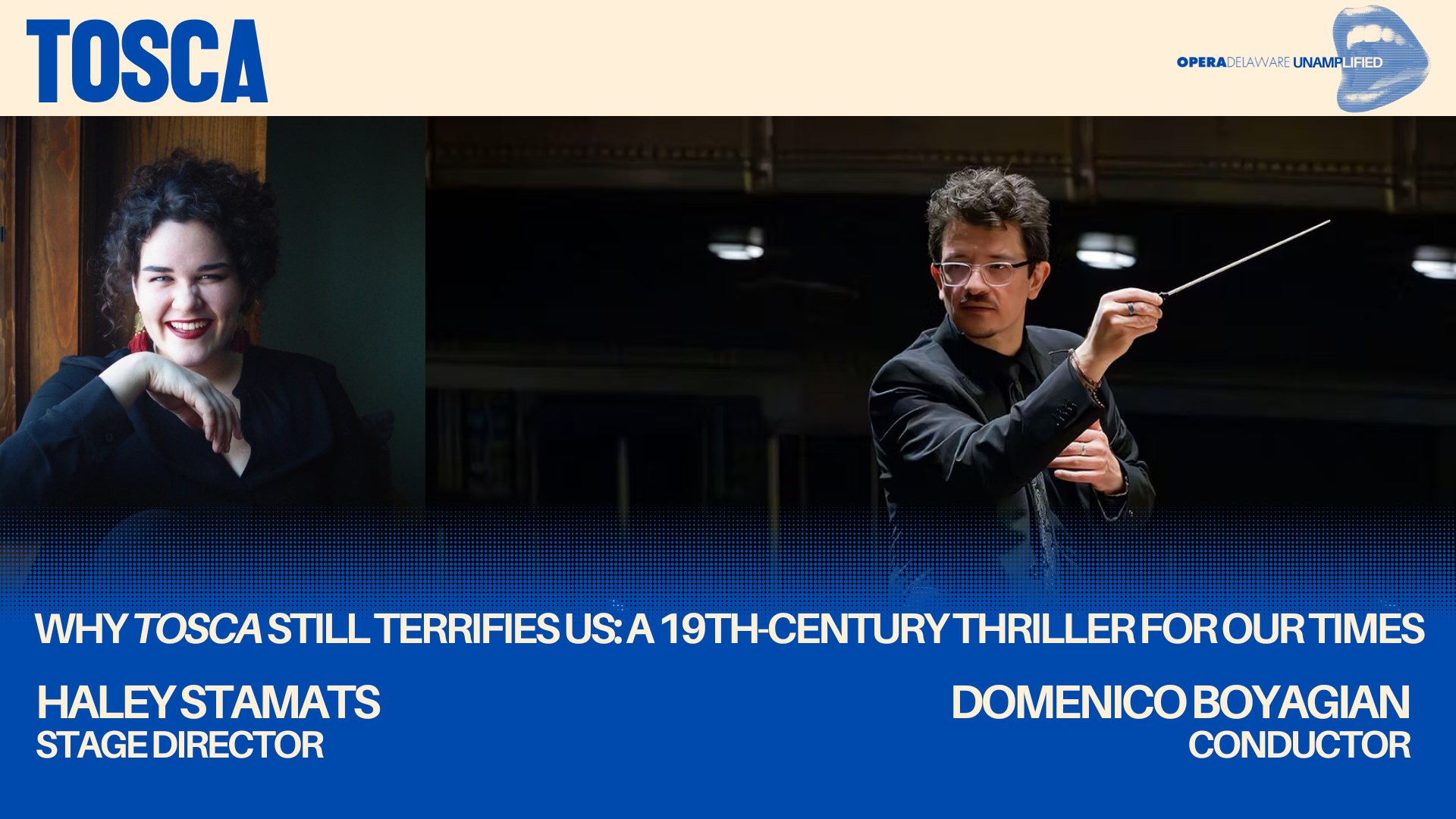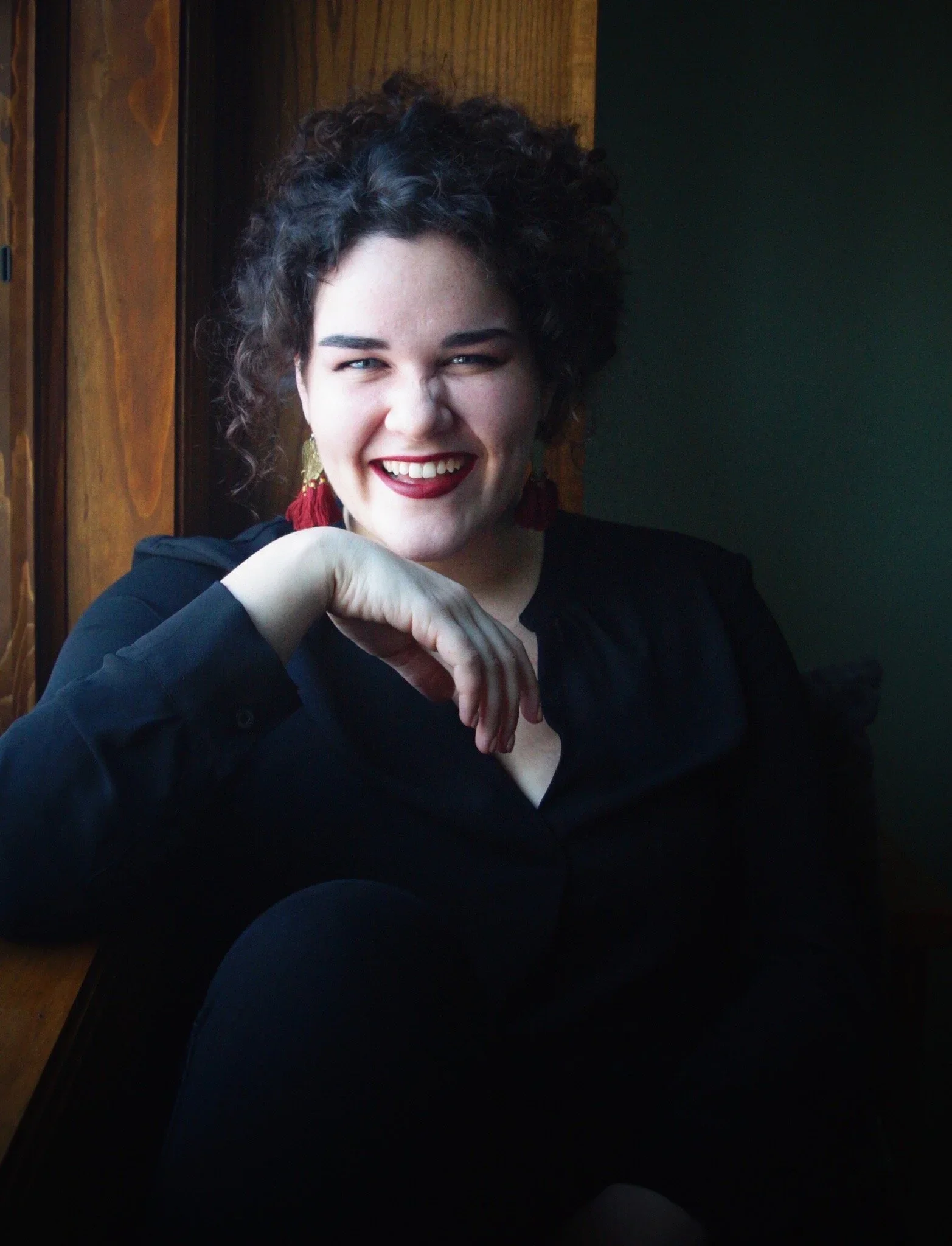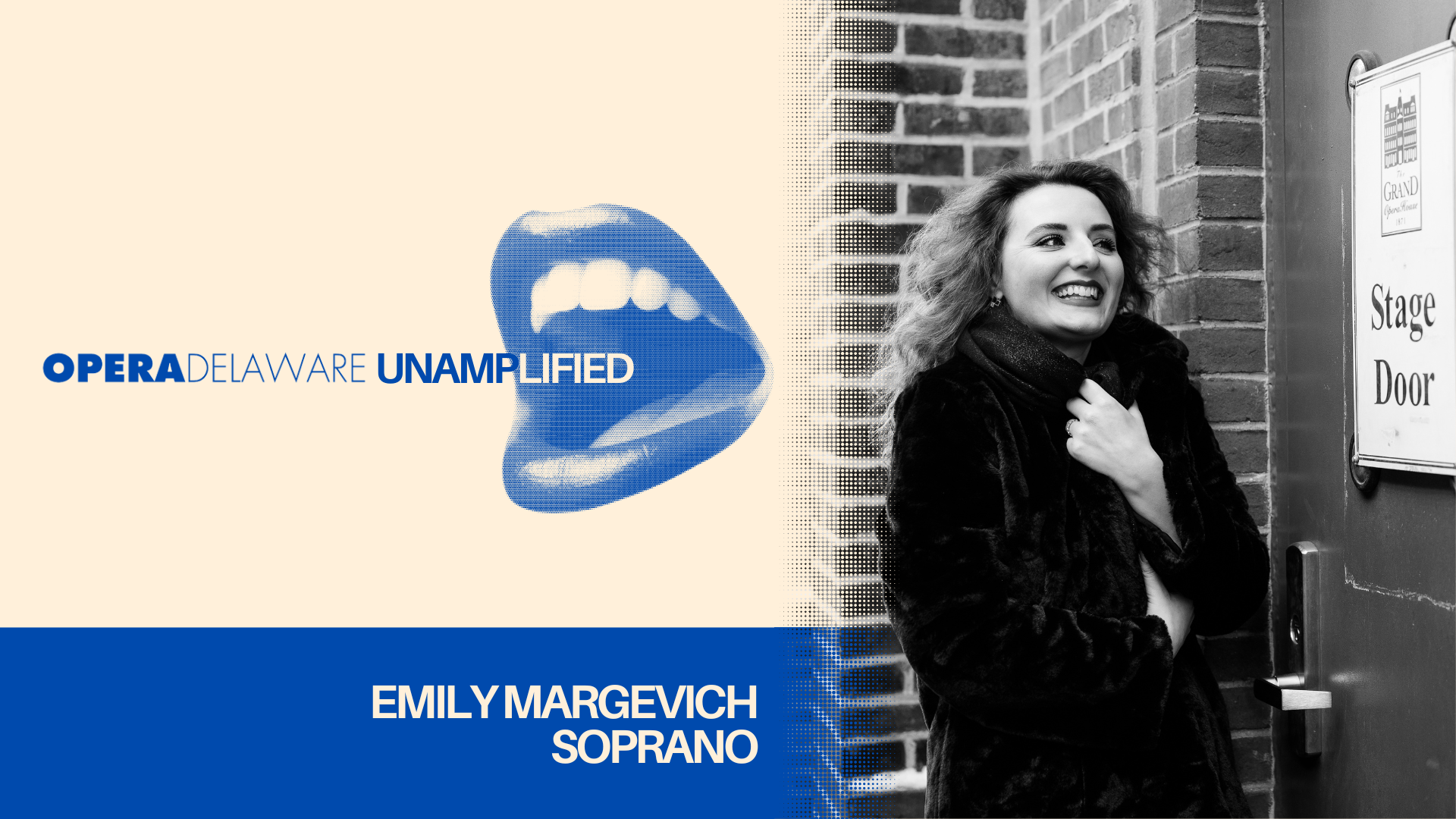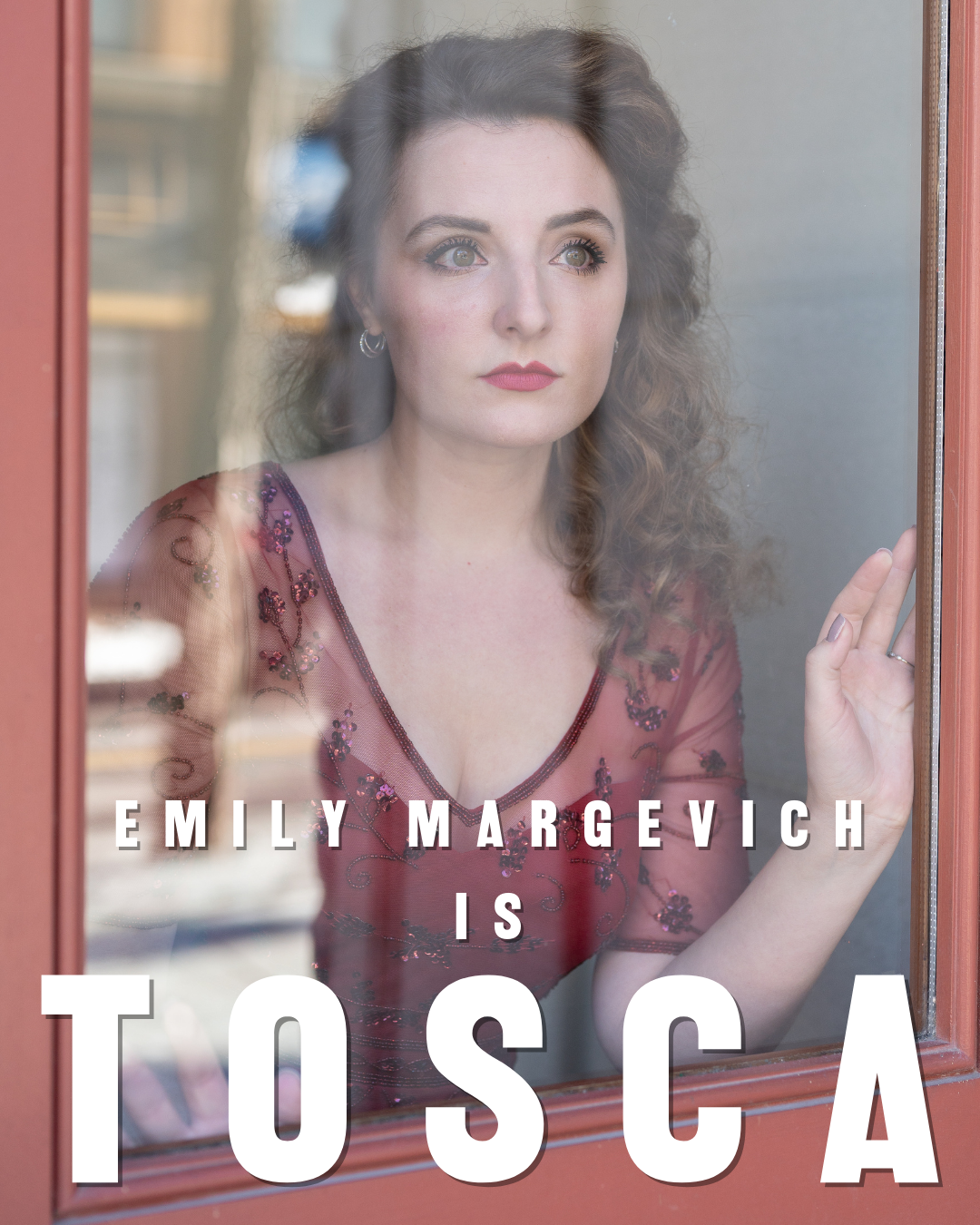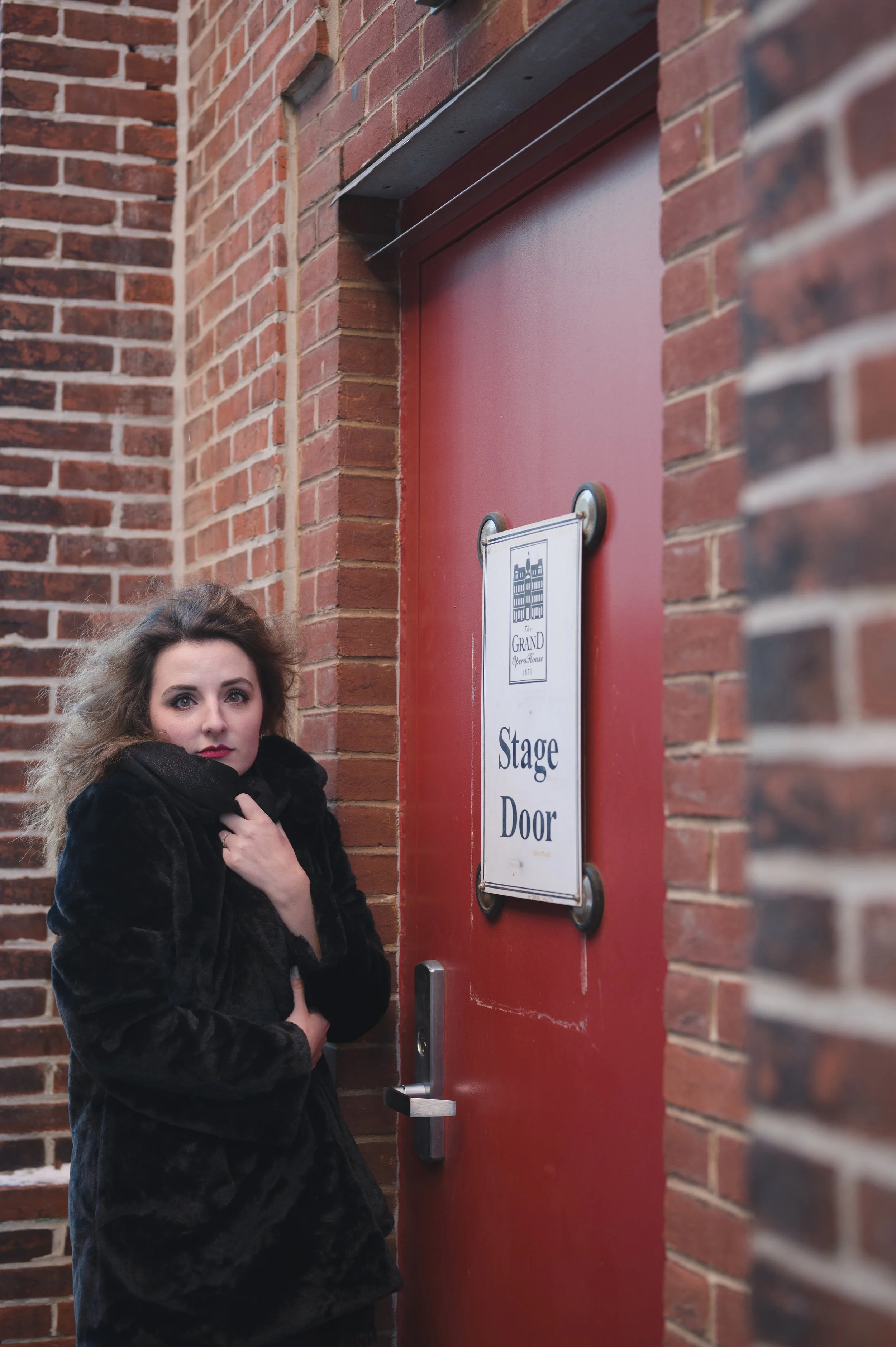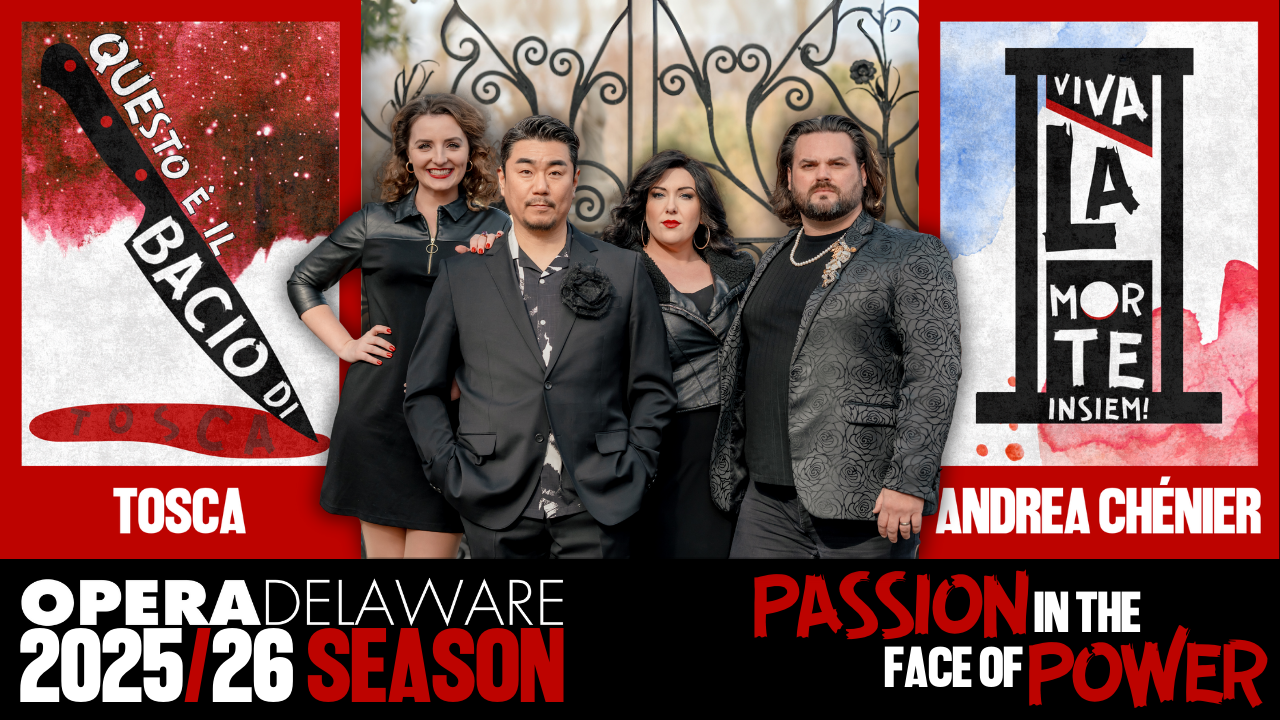Why Tosca Still Terrifies Us: A 19th-Century Thriller for Our Times — Haley Stamats + Domenico Boyagian
/The Stage Director's Perspective — Haley Stamats
Often called an “operatic thriller”, Tosca is a tragedy of political strife and circumstance that leads all three main characters to their death in 24 hours. It sounds like a Hitchcock or A24 film.
Though Sardou was a well-known and beloved historical playwright, Puccini transformed Sardou’s play which suffered from too much exposition, uneven pacing and extraneous characters into a concise musical drama. Much like in La bohème, Puccini was a master of brevity and dramatic timing. No note or word is out of place.
The opera begins in Rome on the afternoon of June 17, 1800 and ends at dawn just 17 hours later. In a span of a single evening, all our main characters end up dead.
Three hundred sixty-five miles away, the Battle of Marengo rages on as Austrian Royalists clash with French Revolutionaries. The French cry for "Liberté, égalité, fraternité" (Liberty, equality, fraternity), as Enlightenment ideals sweep across Europe in the wake of the French Revolution. Napoleon Bonaparte has yet to make himself Emperor. Cavaradossi believes in what Napoleon represents and in the revolution for man’s natural rights. As Voltaire and Robespierre proclaimed, natural rights are fundamental and exist independently of any government, legal system, or religious authority—something that, as Americans in the face of tyranny, we can all agree upon.
As a Bonapartist, Cavaradossi sees the Catholic Church’s influence as a necessary evil. A tool that can help “the State” to achieve political stability. But in matters of faith, he believes in reason over religion.
For Tosca, love and art are reason enough. Orphaned as a child, she was raised by Benedictine monks. The convent organist gave her singing lessons, and her path to becoming an opera singer was even blessed by the Pope himself. The Pope told her:
“Go in freedom, my child, you will move every heart as you have moved my own; you will shed sweet tears; and that, too, is a way of praying to God.”
In many ways, Tosca is a free woman. She lives for art and for love because her faith allows her to do so. But over the course of the opera, her faith is tested. This tension reaches its peak in the iconic aria, “Vissi d’arte”, which is not in the original play. Puccini added this aria to highlight her inner turmoil. Tosca is angry at God because she has lived a life devoted to art, love, and faith, only to be caught between politics, her love for Cavaradossi and her own freedom. Yet even after killing Scarpia, she performs a quiet ritual of forgiveness for him. She retains her hope and faith, trusting in Scarpia’s promise that Cavaradossi’s death will be faked and they can escape to their freedom.
In the final moments of the opera, having been deceived by Scarpia with Cavaradossi dead at her feet, Tosca screams “With me, Scarpia, before God!” before throwing herself off the parapet. Even in the end, she believes in God’s justice, for herself and for Scarpia, despite the act of suicide that risks her eternal soul. Tosca believes she is the exception to the rule because of the life she led through art and love.
This is how the operatic thriller ends. War ravages Europe, revolution simmers, and Napoleon prepares to crown himself emperor while a corrupt Chief of Police is stabbed, an idealist painter shot to death, and an opera singer lies dead on the street. Each character remained steadfast in their beliefs, no matter how backward, idealistic or hopeless. To them, there were no choices. This is where the tragedy lies.
The Conductor's Perspective — Domenico Boyagian
Conducting Tosca is never simply about leading Puccini’s music; it is about wrestling with the questions it raises. From its first bars, this opera takes us into a world where power is absolute, faith is corrupted, and love becomes dangerous. Scarpia kneels in prayer while plotting cruelty, a reminder of how easily religion can be twisted into a mask for violence. And that hypocrisy is not confined to history.
What makes Tosca so unsettling and true is its clarity: Puccini strips away pretense and shows us what happens when institutions meant to guide and protect instead oppress and persecute.
Truth is bent and reality is opinion; bigotry is often found hiding behind piety, and fear is used to silence compassion. The drama dances with prophecy.
And yet, Puccini goes beyond despair. In Tosca’s music, we hear the beautiful fragility of love, the flames of defiance, and the courage of someone who refuses to be broken. She is both victim and victor, where the human spirit, if nothing else, has the power to resist.
The task for me is dual: to highlight the brutality of oppression and the radiance of hope through flawless dramatic pacing. This performance celebrates a magnificent human achievement. And for any of us lucky enough to perform it, Tosca becomes more than an opera. We are called not only to honor Giacosa, Illica, and Puccini’s genius but also to confront the truths they lay bare: that power can corrupt, that faith can be misused, but that love, courage, and the human spirit still have the strength to rise above.

